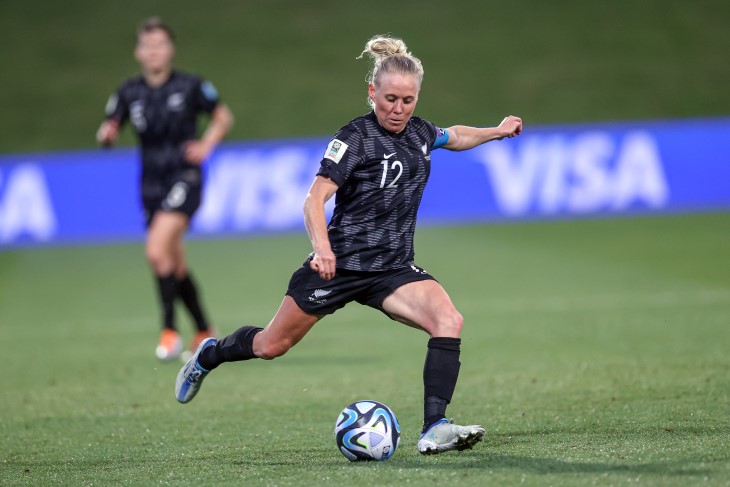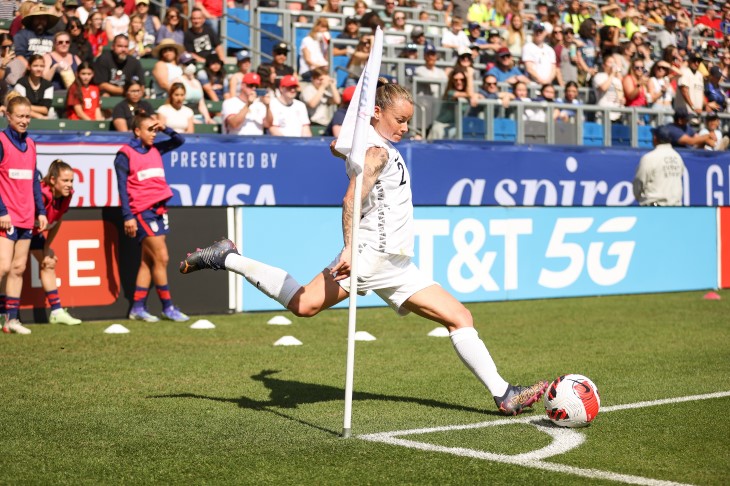Football Ferns heroine keen to leave legacy
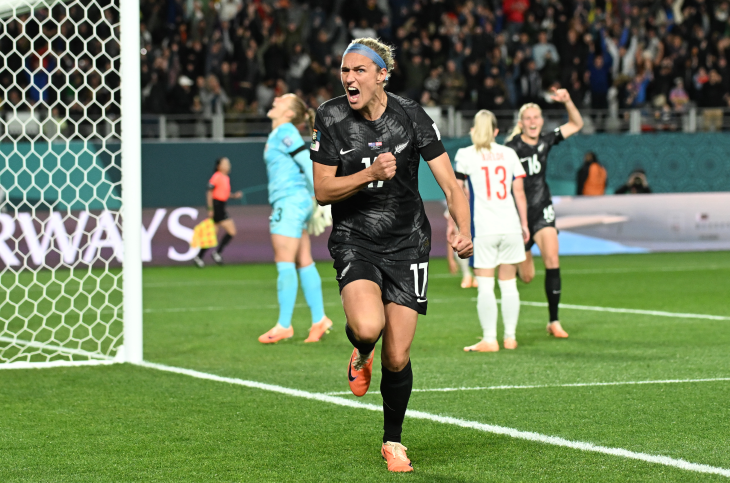
After overcoming injury setbacks to become a national heroine, Football Ferns star Hannah Wilkinson is keen to leave a legacy – not just to inspire future generations with her performances but to highlight the importance of injury prevention.
Striker Hannah Wilkinson scored a goal that captured the imagination of the New Zealand public on the opening night of the FIFA Women’s World Cup as the Football Ferns defied the odds to defeat Norway.
But it’s a moment that might never have happened for Hannah.
The 31-year-old from Whangarei has overcome incredible adversity throughout her career to be in a position to produce a goal that will be forever remembered in New Zealand football folklore.
Major injury setbacks have been a regular barrier for Hannah to overcome.
While playing for the University of Tennessee in 2015, she ruptured the anterior cruciate ligament (ACL) in her left knee.
“It’s such a devastating injury, not only for the body, but for the mind as well,” she says.
“I learned the true power of things like patience, perseverance and belief.”
Just three years later, Hannah was playing professionally for Vittsjö GIK in Sweden when she suffered the same injury, this time on her right knee.
“I know straight away when I’ve ruptured my ACL – it’s an awful feeling. It’s like I’ve dislocated my knee and it feels like bone on bone. It’s very painful,” she explains.
“The second time was devastating. I knew straight away what I’d done and how long the recovery and rehab journey was in front of me. My first thought was the World Cup the following year and I was just so gutted.”
She won her recovery race to be fit for that World Cup in 2019 and, four years later, is heroically leading the Ferns’ frontline as they make history on home soil.
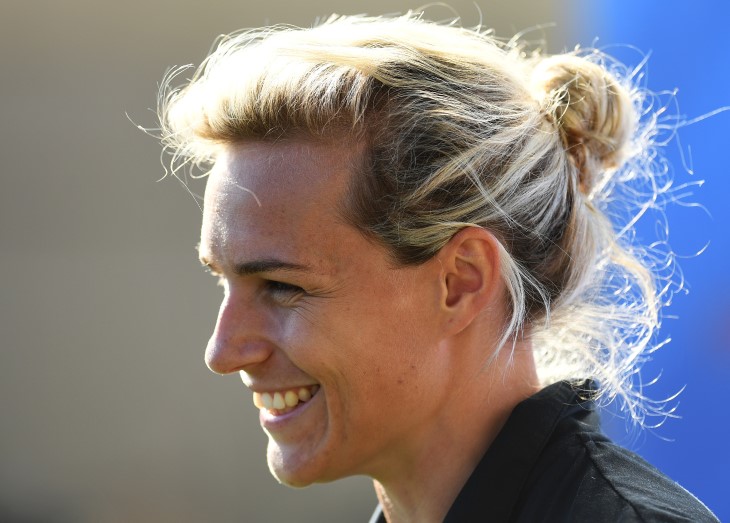
‘The best day of my life’
That memorable 1-0 win over Norway was the Ferns’ first ever victory at the pinnacle event of female football and took place in front of a record-breaking crowd of over 42,000.
Hannah and her fellow Ferns will now look to create further history by making it through to the knockout stages of the World Cup after their two remaining group games, against the Philippines and Switzerland.
“This is the best day of my life,” Hannah said during the jubilant celebrations at Eden Park after helping humble Norway.
“It was the stuff of dreams. It was beyond those dreams, actually.”
She is now hoping the backing of a sports-mad country will inspire the Ferns to reach new levels.
“When you have tournaments like this and you have an expectation and a certain pressure and a nation that believes you can do it, it does something different to you,” she says.
‘Don’t take your body for granted’
Hannah never considered giving up the game she loves during her darkest days but the ACL injuries – which can take up to 12 months to recover from – have certainly tested her resilience.
Her time recovering from those setbacks helped her see the game from a different perspective.
“Once I was back, I was stronger physically, more balanced and more stable. And I loved playing the game, even more so than before I was hurt.”
Unfortunately, Wilkinson is not alone when it comes to going through an ACL reconstruction.
In 2022, ACC accepted nearly 40,000 claims for football-related injuries.
A review of ACL reconstructions highlighted the greatest increase in females aged 15 to 19 years, with the rate of reconstructions increasing by 120 per cent between 2009 and 2019.
“From my experience, you want to do everything you can from preventing this injury happening in the first place,” Hannah says.
So her advice for young players is to invest in their bodies.
“Get yourself into a gym, work on your strength and conditioning and make your body strong. It will make a huge difference to your performance but also prevent injury in the long-term,” she says.
“I do activations every time I train and play to make sure my body is ready for a dynamic warm-up and game. I know the cost of a serious injury, so I definitely don’t take my body for granted. I work hard on it every day.”
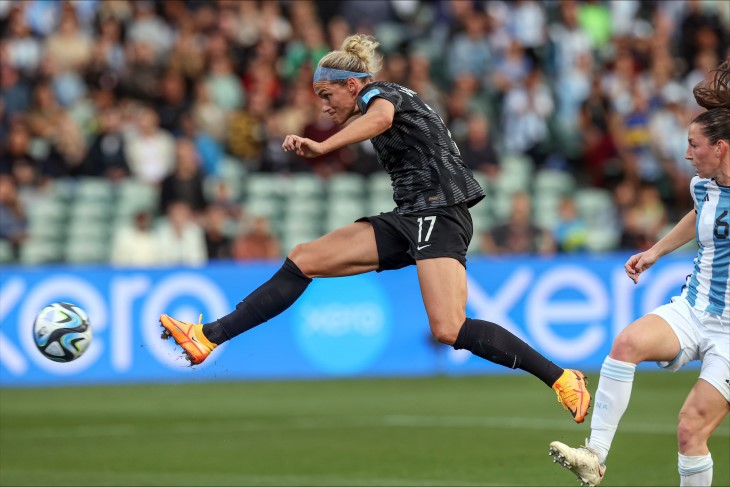
Staying fit for football
ACC partners with New Zealand Football to deliver its Performance and Prevention programme, which helps players enhance their performance and reduce the risk of injury.
“There are some unique female-specific considerations when it comes to reducing the risk of injury in sport,” ACC injury prevention partner Nat Hardaker says.
“We work with NZ Football to ensure injury prevention is an integral part of the game here. This is critical as it means we can support everyone to keep playing and maximise their enjoyment of the game.”
An important part of the programme is the 11+ warm up, an evidence-based routine designed to prepare players for the demands of the game. It includes exercises that target strength and control of the lower limbs.
Finding her happy place
With football fever now firmly gripping the nation, when things get manic during this FIFA Women’s World Cup Hannah will lean on another love to quiet her mind.
“Music is everything to me,” the talented singer-songwriter says.
Every time the Ferns go on tour, Wilkinson packs her guitar to play with her team-mates.
“It’s my release, my escape. There are times when life is hard mentally and you feel homesick but playing my guitar takes me to another place,” she says.
“That escape is essential to my wellbeing and I wouldn’t cope without it.”
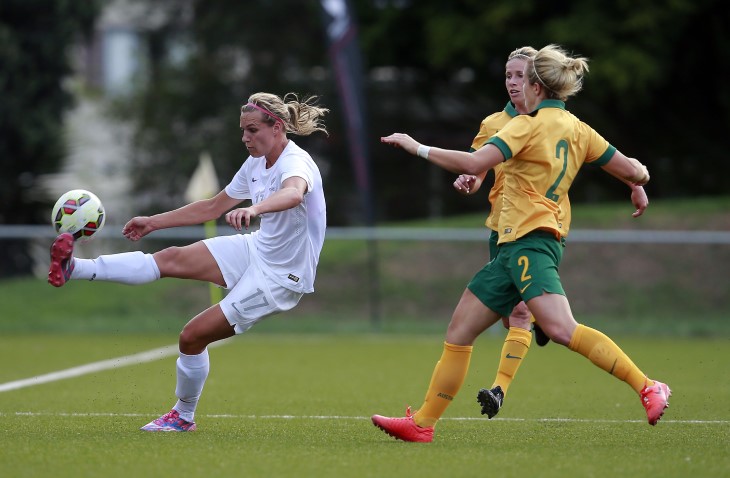
Dreaming of playing for her country
As a youngster, Hannah attended Kamo High School and was a natural athlete. She loved anything to do with sport and was one of the few girls competing with the boys at school, and also at the Kamo Football Club.
“I played with boys until I was about 16,” she says.
“My dream throughout those years was to play for my country. I travelled to Auckland weekly, hoping to catch the eye of a national team coach.
“That hard work eventually paid off and I have to thank my father, and some of my other fellow northerners’ families, for the long nights of travel to Auckland and back each week.”
Hannah, who has now scored 29 goals for New Zealand throughout her career, knows the team will fight for every moment in this World Cup.
“When we’re at our best, we show a great fighting spirit. The team that will win will be the one that wants it more. And no team will want it more than us.”
Hannah has reflected many times on where her career began – a kid who loved to play football in the humble surroundings of her Northland community.
She has sound advice for any young girls and boys who dream of playing for their country.
“Never give up,” she says.
“It will get very tough but always remember why you started.”
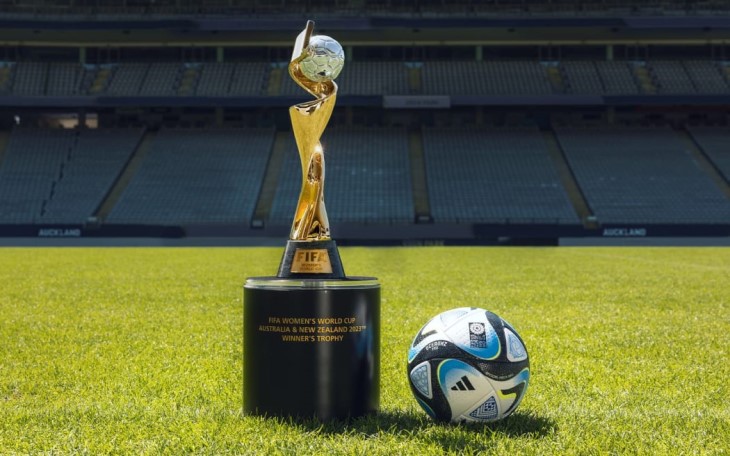
Football Ferns fixtures at FIFA Women’s World Cup
20 July v Norway, 1-0 win, Eden Park, Auckland
25 July v Philippines, Wellington Regional Stadium, Wellington
30 July v Switzerland, Forsyth Barr Stadium, Dunedin
What is the NZF Performance and Prevention programme?
- It’s a player welfare and prevention programme for all athletes.
- It provides support mechanisms for enhancing player performance, injury prevention, welfare and wellbeing.
- The 11+ warm up is an evidence-based programme designed to prepare players for the demands of the game. It includes exercises that target strength and control of the lower limbs.
- A study published by the British Medical Journal in 2008 found that teams performing this programme at least twice a week had 37 per cent fewer training injuries and 29 per cent fewer game injuries. Severe injuries reduced by almost 50 per cent.
- Find out more at the NZ Football Performance and Prevention programme website: www.nzfpandp.co.nz




